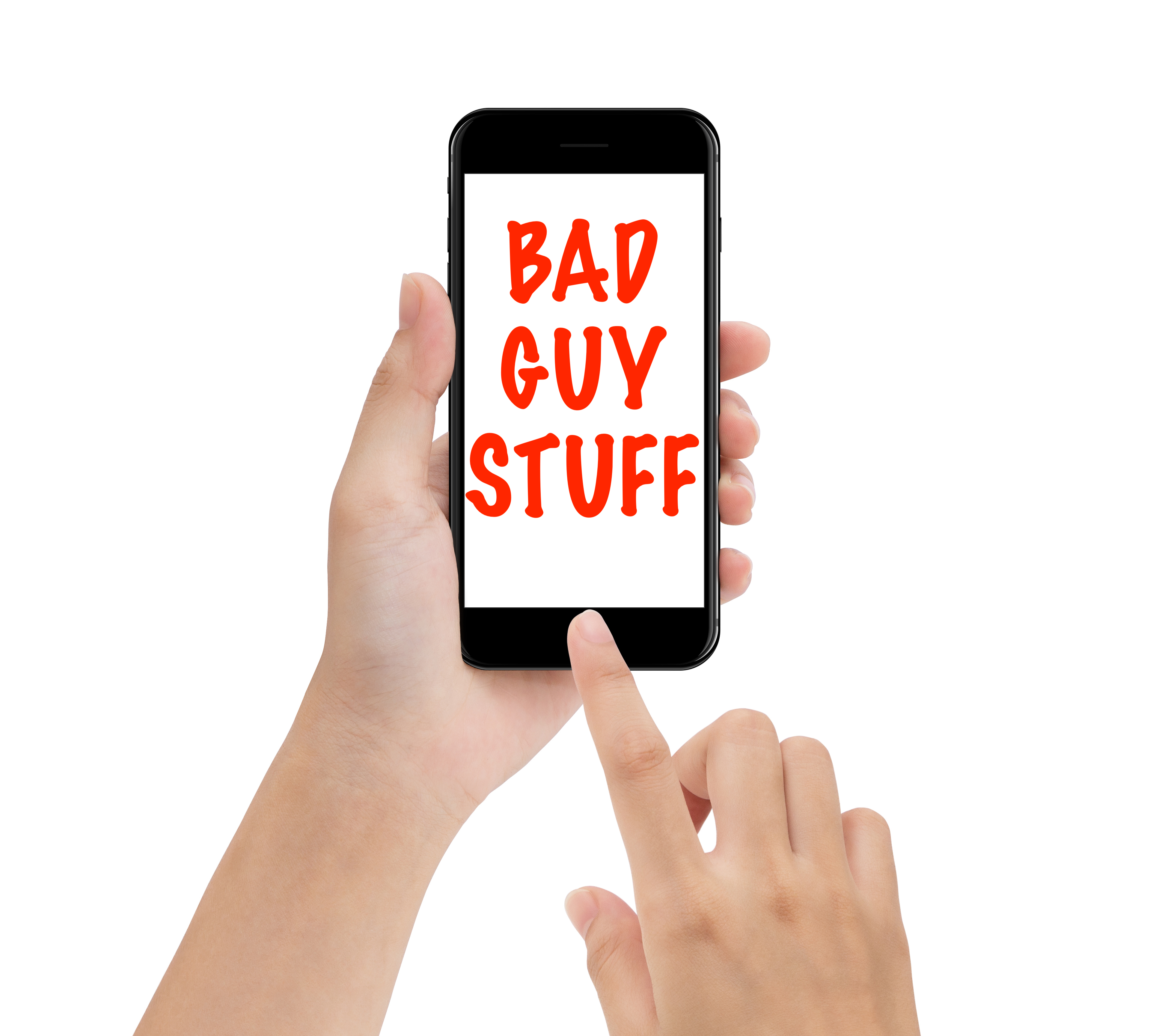Apple’s Alleged Ban on Movie Villains Using iPhones Is So Dumb

Credit to Author: Ashwin Rodrigues| Date: Wed, 26 Feb 2020 22:12:29 +0000
Director Rian Johnson, while dissecting a scene from Knives Out for Vanity Fair, aired out an apparent industry secret: “Bad guys cannot have iPhones on camera.” It may seem obsessive, but Apple has always always wielded a paranoid amount of control over its image, though this specific strategy is counter-productive. As Johnson notes, this can spoil movies—inadvertently making Apple the bad guy—if you pay attention to this rule.
The intention to keep Apple products out of the hands of baddies is obvious (Apple good!) but sitting with the notion that only non-villains use iPhones is in direct contradiction to real life. In fact, to suggest one iPhone-wielding villain could undo the brand’s ubiquity and market share seems both hyper self-conscious and an overinflation of any given villain’s brand influence.
The futility of Apple’s overreach into fictional worlds is also a contradiction to some of its real and publicly visible customers. For example, it’s difficult to imagine a worse public association, fiction or nonfiction, than President Donald Trump, who often tweets about Apple, and fires off his Fox and Friends dispatches via Twitter for iPhone. Given that Twitter is seen as a seamless extension of his smooth brain, it is logical that the iPhone is part of the apparatus. However, Apple has not, as far as one can tell, requested that President Trump use a different device to avoid the company being conflated with the Trump administration’s current legacy of racism, xenophobia, child separation, and cheerleading fascists in India.
Martin Shkreli, the creepy man responsible for price gouging pharmaceutical drugs, currently incarcerated for securities fraud, was once called “Wall Street’s most visible villain” by Vanity Fair. On his perch as a most visible villain, Shkreli has been spotted squinting into an iPhone, in such prominent places as the Wall Street Journal. As peddlers of a $52,000 cheese grater, Apple is no stranger to price gouging, but still should be weary of its association with a figure like Martin Shkreli.
Of course, aside from a couple visible Bad Guys, there are millions, or at least dozens of others, if we are to include people who make fun of me for showing up as a “green bubble” when I text them. These people are often self-centered Americans who do not recognize that people with friends and family outside the United States, iPhone or not, default to WhatsApp, an innocent company owned by (checks notes) Facebook. Ethical consumption is trumped again.
Lots of bad people use iPhones in real life. Bad people use popular products, because that’s how math works. The Ford Bronco had a real moment thanks to O.J. 's publicized highway chase, as did Isotoner gloves during his murder trial. The Islamic State loves Toyota trucks and Casio F-91W watches. Sometimes cops buy Burger King for mass shooters. These giant consumer companies can be bad actors on their own, but for them to attempt to dissociate from bad actors who happen to be consuming their products, especially actual actors, in the case of Apple, seems like misplaced concern.
Hypothetically, if someone made a fictitious film about a company that designs its products to become obsolete, doesn’t let you fix your own phone, and outsources its phone manufacturing to a company in China that uses underpaid and exploitative child labor, would Apple allow iPhones to be used by the CEO of that company, in the movie? What about the CEO of the Chinese manufacturing company? What if this heartwarming story, in which a minor working in a phone assembly factory, uses their entire month’s wages to buy a used iPhone?
Unfortunately, we cannot know, and Apple did not respond to a request for comment.
This article originally appeared on VICE US.